Higher Education Reform
Feedback updated 1 Aug 2023
We asked
In 2022 the Department for Education ran a consultation which sought views on a range of policies that aimed to improve outcomes for students and tackle low-quality provision.
You said
We received a total of 318 online and emailed responses to the consultation from a wide variety of interested stakeholders and the public.
We did
You can read the government response to the consultation in full on the gov.uk webpage. We would like to thank all those who responded to the consultation.
Overview
We’re seeking views on proposals to improve outcomes, access and value for money of investment in higher education by students and taxpayers.
Why your views matter
We’d like your views on proposals for higher education reform in the following areas:
- Student number controls
- Minimum eligibility requirements
- Foundation years
- Eligibility for a state scholarship
- Growing high-quality level 4 and 5
The consultation document also sets out:
- how we are investing in higher education to prioritise provision that results in better outcomes for students, the economy and society
- how we plan to tackle the rising cost of the system to taxpayers, while reducing debt levels for students and graduates
Audiences
- 16-18 year old students resident at these institutions
- Adoptive parents
- Adult and mental health practitioners
- Adult education providers
- CAMHS
- Clinical commissioning groups
- Community representatives
- Contractors involved in building schools
- Designated institutions and 16-19 academies
- Designated safeguarding leads
- Directors of children's services
- Early learning and childcare providers
- Educational Psychologists
- Employers
- Fire sector
- Foster carers
- Further education colleges
- Government bodies and departments
- Governors
- Headteachers
- Health visitors
- Independent specialist colleges
- Local authorities
- Parents
- Principle social workers
- Pupils
- School business managers
- School nurses
- School support staff
- SENCOs
- Service managers
- Sixth form colleges
- Social workers
- Social workers
- Teachers
- Team managers
- Those evaluating programmes for children in need
- Those involved in underlying theoretical research on abuse and neglect, child development etc
- Those researching children’s social care or education systems, with links to educational outcomes of Children in Need
- Training providers
- Unions and representative organisations
- Universities
- Virtual school heads
- Volunteers
- Young people
Interests
- Apprenticeships
- Community learning
- HE
- Lifelong learning
- Work based training

Share
Share on Twitter Share on Facebook